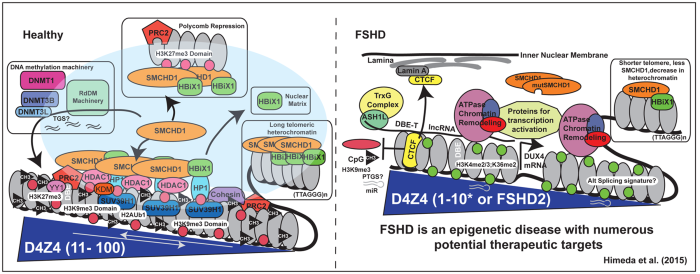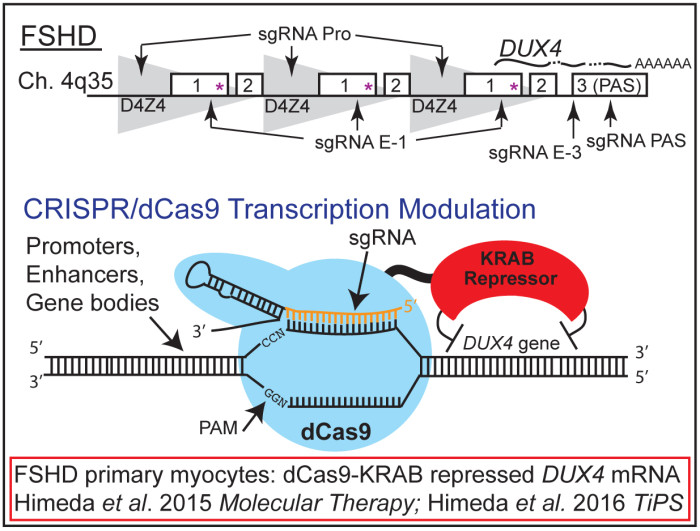Facioscapulohumeral Muscular Dystrophy (FSHD)
Facioscapulohumeral muscular dystrophy (FSHD) is the most prevalent form of muscular dystrophy affecting men, women and children. It is an autosominal dominant type of muscular dystrophy that causes progressive muscle wasting and weakness. The disease initially affects the muscles of the face (facio), shoulder (scapulo), and upper arms (humeral). The degeneration of muscle can also spread to the back, pelvis and legs.
Symptoms of FSHD may develop in early childhood, but are usually present in the second decade, during the teenage years. Ninety-five percent (95%) of affected individuals present outward signs of the disease by age twenty. Initial signs of FSHD include facial weakness, difficulty reaching above shoulder level, scapular winging and foot drop/weakness. In the majority of cases, muscle weakness begins in the face and progresses to the shoulder and upper arm muscles, eventually extending down to the abdominal and foot extensor muscles. Manifestations of such muscle weakness can include a patient’s inability to lift his/her arms for more than a few seconds and/or the loss of facial expression, such as the ability to smile. About twenty percent (20%) of patients become severely disabled and require the use of a wheelchair. Other symptoms can include vision impairment, hearing loss, and abnormal heart rhythms. Progression of FSHD is usually slow and symptoms are quite variable from person to person. Even a parent who is mildly or moderately affected by the disease can have a child who develops severe symptoms.
Incidence of FSHD
FSHD affects approximately 1 in 20,000. Estimating the incidence at about 25,000 Americans. Through genetic testing and fewer misdiagnosis, the incidence will probably prove to be much higher. FSHD has been linked to the D4Z4 region of Chromosome 4. Although approximately two-thirds of cases are inherited, up to one-third are a result of a spontaneous mutation, meaning that neither parent of the affected individual has the disease.
The rare form of Infantile Onset FSHD, when symptoms develop in infancy or early childhood, is often severely disabling.
There is a great deal more to learn about FSHD. Although progress has been made in recent years, much more needs to be done. No patient should live with a disease for which there is no treatment and no cure.
Further research is needed!
For more information on FSHD, please visit Genetics Home Reference
OUR MISSION
The Chris Carrino Foundation for FSHD is a non-profit organization working towards improving the lives of those affected by Facioscapulohumeral Dystrophy (FSHD) by funding specifically focused scientific research.
GET INVOLVED
The Chris Carrino Foundation for FSHD relies on private donations and grants to help fund the vital scientific research needed to develop a treatment and cure for FSHD. We greatly appreciate your donations and support!
1188 Willis Avenue, #431
Albertson, NY 11507
Email: info@chriscarrinofoundation.org
Phone: (917) 572-2744

